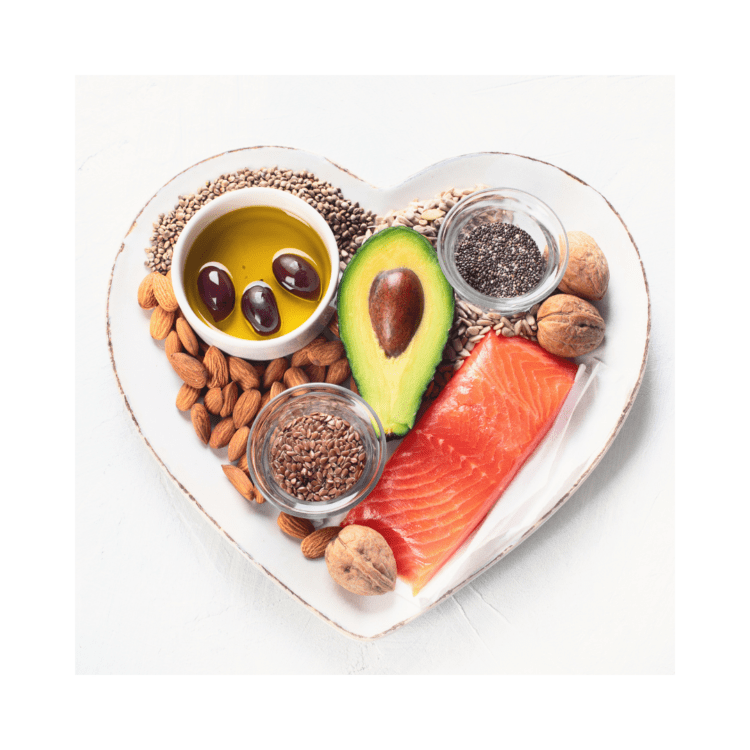Have you ever opted for the low-fat yoghurt/ready meal/ dessert because your thought it was a healthier option?
Would you choose a slice of low-fat cake or a biscuit over a full-fat one or a low-fat frozen yoghurt over ice cream?
The thing is that since the 1950s we have been told that fats, especially saturated fats from animal products, are bad for us… this was based on research around heart health, cholesterol levels and an increase in metabolic disorders such as obesity and type 2 diabetes.
Around the same time, there was an increase in processed foods and the availability of food products such as breakfast cereals, biscuits, confectionery, crisps and crackers.
However, based on this research what happened next, was that the food producers started replacing saturated fats with smaller amounts of heavily processed vegetable oils and more sugar to improve the taste and texture of their foods. These foods were labelled ‘low fat’
What we now know…
What we now know is sugar and highly processed vegetable oils are two types of foods that can be potentially worse for our bodies than saturated fats.
These types of foods can cause a sharp increase in blood sugar and drive inflammation in your body.
Research has also suggested that because we think that low-fat foods are better for us, we are more inclined to eat more of them…
Fat on the other hand is less likely to be stored. The body’s preference is to use it for energy
We also need fats. We need fats to keep our cell’s membranes fluid and not rigid (think ageing)… As well as to absorb certain essential nutrients including Vitamins A, D, E and K (immunity, skin health, bone health).
Also. your brain is made up of more than 60% fat and you need fat for optimum brain function. We also use fats to make hormones and protect against inflammation.
It can also help to make us feel full for longer
Without healthy fats in your diet, you may experience brain fog, hormone imbalances, accelerated ageing, dry, flaky skin
Here are the types of fats and oils to avoid:
- Avoid heavily processed vegetable oils including rapeseed oil, corn oil, rice bran oil, sunflower oil, safflower oil, vegetable oil as well as margarine and butter-like spreads
Which fats should you use?
Instead, use coconut oil, (grass-fed) butter or ghee for high-temperature cooking and
extra virgin olive oil, walnut oil, flaxseed oil, macadamia nut oil, hemp oil, or avocado oil
You can also eat foods containing healthy fats such as:
- oily fish (salmon, mackerel, sardines, herring) seafood and sea vegetables (seaweed)
- nuts and seeds including nut butter and tahini
- whole eggs
- avocado
- olives
- occasional beef, lamb and dark meat poultry
Include a small amount of these healthy fats in each meal
Find out more about how you could improve your diet and your health you can book a free 30-minute health review call here




